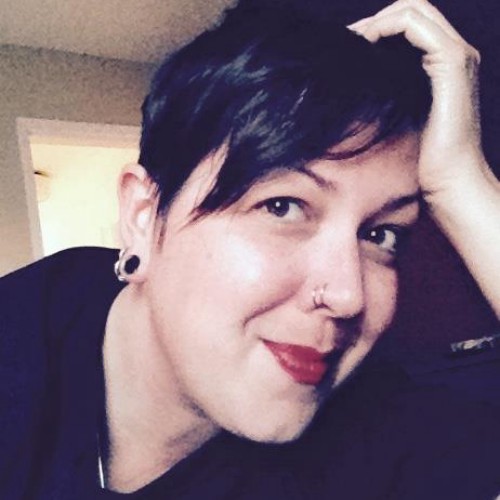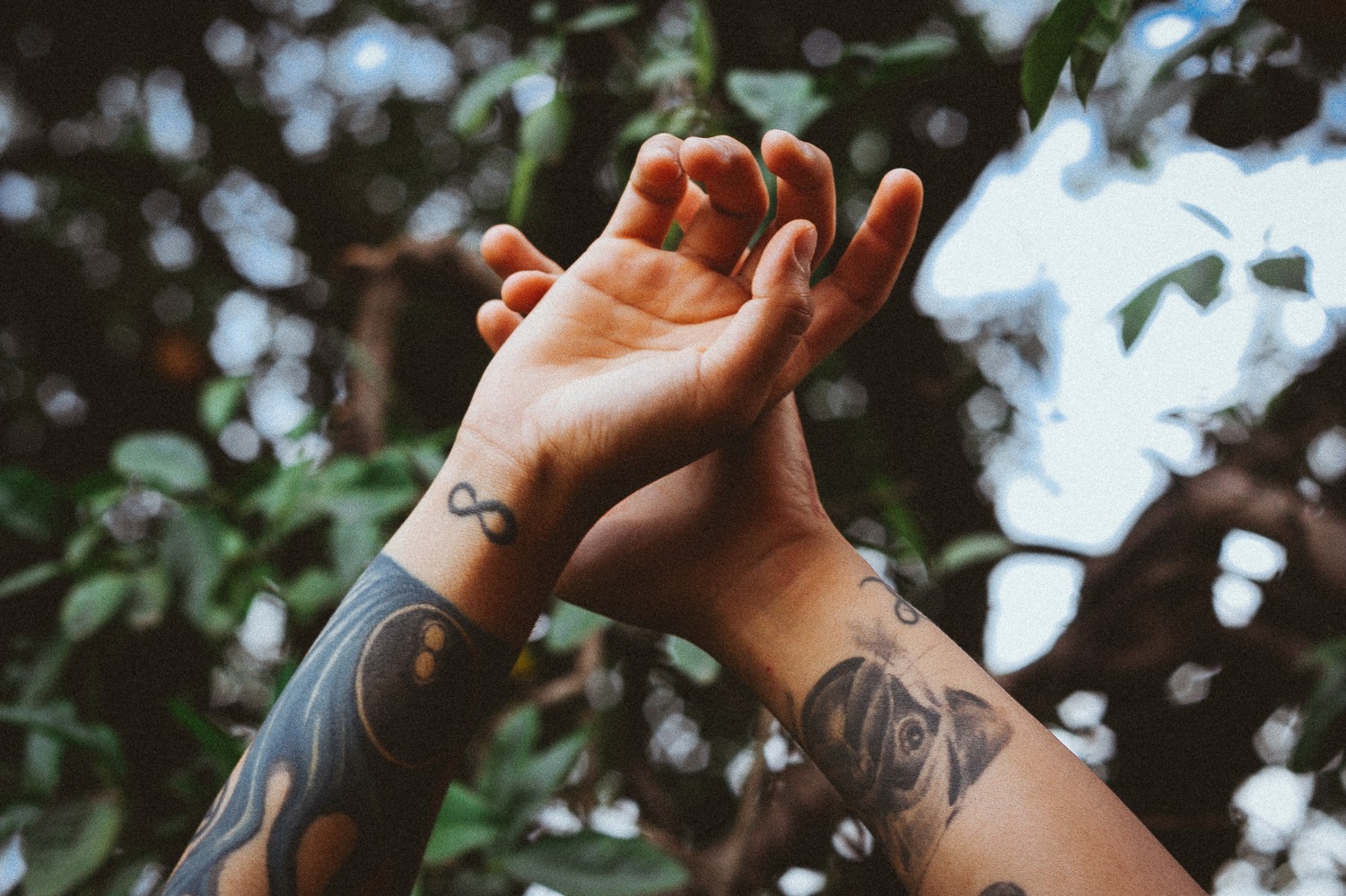Burnout. Working in the social sector, this is a topic which is discussed widely. Secondary traumatic stress and compassion fatigue have been discussed by Figley, and Vikki Reynolds talks moral sustainability and justice-doing. Whether we look at this as a systemic flaw or we consider it an inevitable byproduct of working in intense situations, it’s a concept that drives our understanding of why self-care is a critical skill for sustainability in this line of work.
Self-care practices differ for everyone. It could be dedicated time alone in nature, journaling, or getting support from a counsellor. The bottom line is that we all find tools which allow us to remain emotionally present with healthy boundaries so that we can do our jobs well.
The last agency I worked for had an excellent internal culture. Front line workers were well-supported by management and it felt safe to communicate freely about needs and concerns. Even still, I began to notice a phenomenon which over time showed itself to be a real obstacle to the well-being of front line staff.
After challenging conversations with clients or after supporting or managing a difficult incident, I began to notice a pervasive tendency among my coworkers (myself included) to spend time assuring each other that our boundaries were intact. Rarely did I witness the trust and vulnerability that is required to acknowledge in real time that parts of this work can hit us very personally.
Ruminating on this for some time I decided to send out an agency-wide email about my observations and concerns and the response was incredible. In our small agency, dozens of people wrote back to me with their agreement and appreciation that this conversation had been opened. It clearly struck a chord.
In fact, it seemed that the collective desire to nurture this climate of openness was satisfying a deeper need. We are creatures who are naturally connected to others and looking after the more frightened and vulnerable parts of ourselves hardly feels like a solitary job, despite the fact that we refer to the practice as ‘self-care’. We all benefit from being cared for by our tribe, and in the context of our work lives, our tribe is comprised of our colleagues.
Here’s the thing: We have training and skills that allow us to navigate a vast spectrum of needs, trauma, and challenges with our clients and we know how to hold space while keeping our boundaries intact. That means we don’t fall apart. We don’t assume a position of witnessing or supporting and then break down leaving the burden on our clients. If we did so, we wouldn’t have our jobs.
But we are human. We have triggers of our own, we can have trauma and pain and acute circumstances in our lives which challenge and drain us. We can be triggered by our clients and by experiences we encounter at work, because of our own humanity. This is where the culture shift in the work environment can take place. In remembering this humanness, we can take better care of each other.
Your baseline assumption with each other should be that you have these job skills intact. It would seem outrageous to overhear a surgeon assuring their colleague that they had used Universal Precautions while performing an appendectomy. Surely the colleague would think that should have been a given. When we focus on making sure that our whole team knows we are employing the basic skills of this work, we lose the opportunity to support each other when that work has activated our own triggers. We need to stop operating from a place that assumes we are always on the verge of being deemed unfit for the job.
So speak honestly to one another. Allow your humanness to rest upon the knowledge that duality exists here. You can navigate your work well and be experiencing difficulty of your own. Give each other room to acknowledge this duality and you will see that the support you are able to provide for each other becomes a system of shared self-care that will shift the culture in your working environment for the better. When you go home you will still want to grab your thermos of tea and head to the water (my own favourite ritual), but you may have slightly less to unpack once you get there.

Originally published at medium.com


